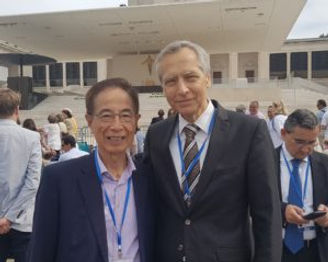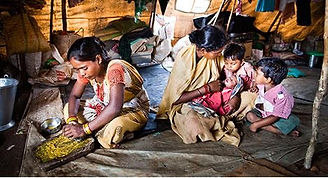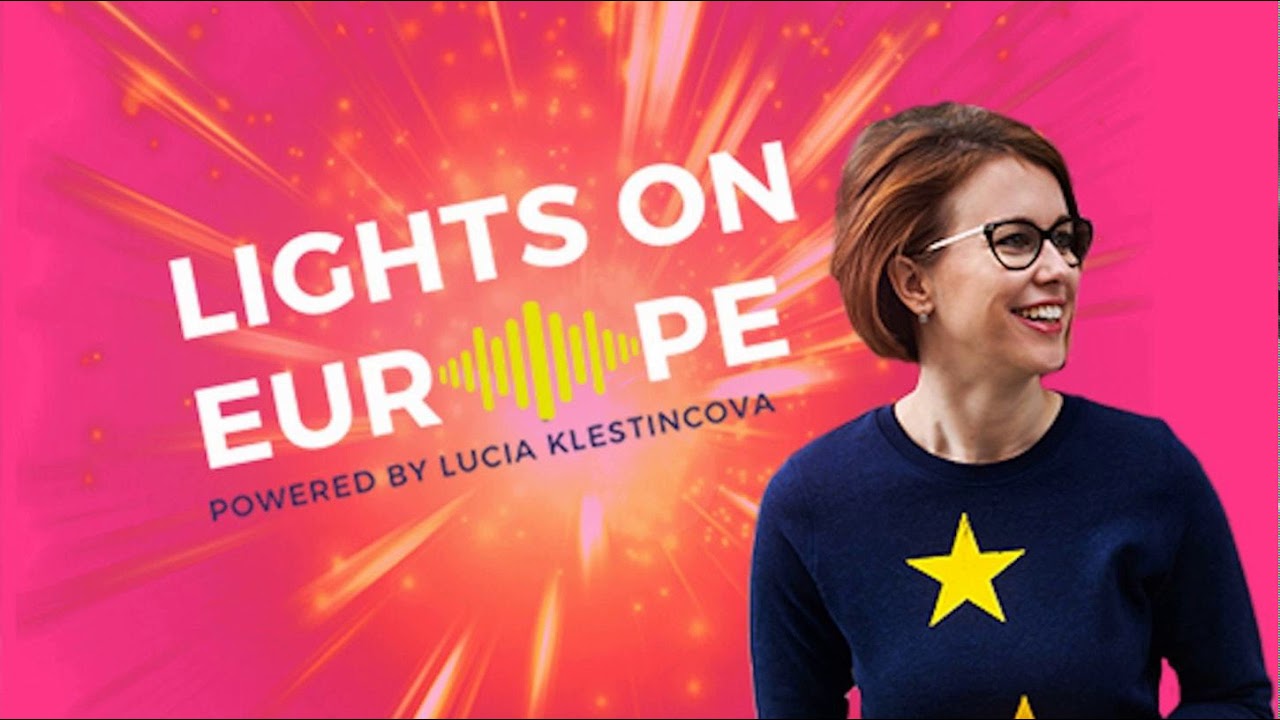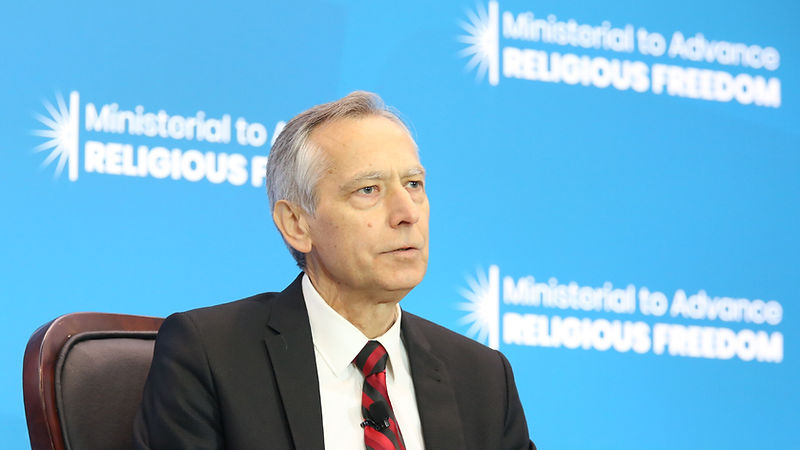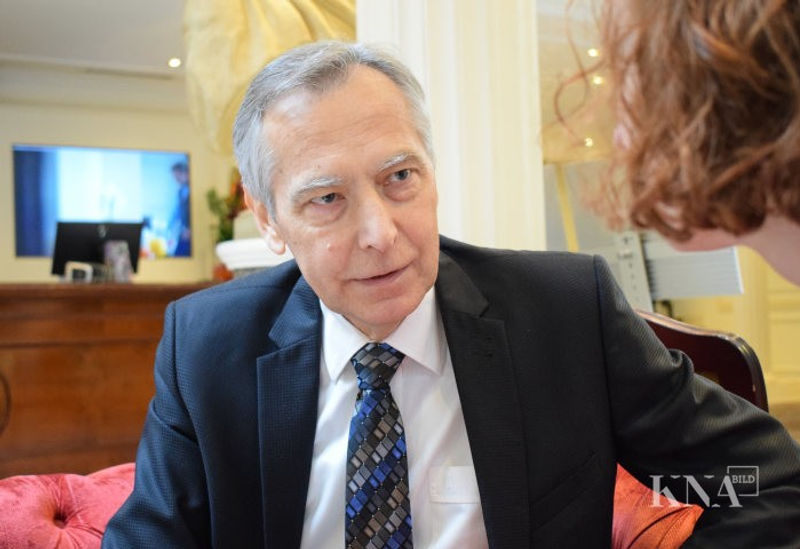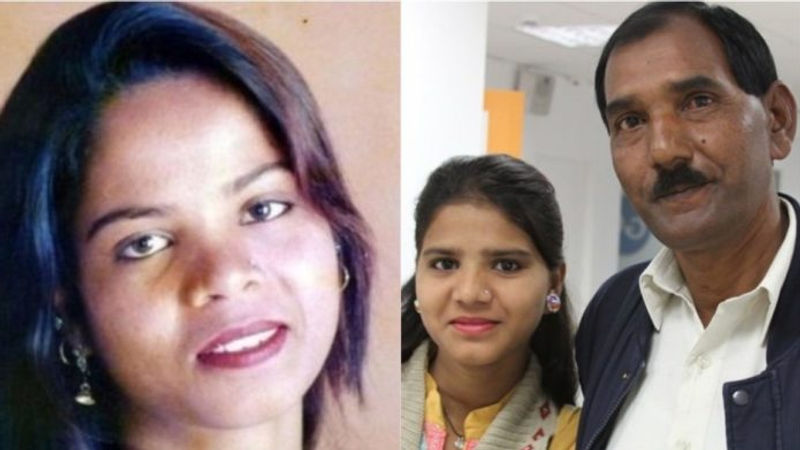Tag: EU
-
Hong Kong arrests major Pro-Democracy figures. Ján Figeľ calls on the EU to act immediately
Hong Kong police rounded up at least 15 veterans and supporters of the opposition camp in a swoop on Saturday that netted, among others, media tycoon Jimmy Lai Chee-ying and prominent barrister Martin Lee Chu-ming for their roles in unlawful protests late last year, South China Morning Post reported. While opposition politicians have been included
-
COVID-19 Crisis, Human Dignity and Freedom of Religion or Belief
The theme I wish to explore briefly is the relation between human dignity, religious freedom and current corona virus pandemic. Evidently, medical situation in the world is critical in many countries. It will take time and make serious impact on economies, on social situation and on human, interpersonal and international relations. Our world will change.
-
Lights on Europe: Ako láska, dávanie a solidarita sú cestou k osobnému šťastiu a budúcnosti Európy
Ak oslavujeme 30 rokov slobody od pádu železnej opony, ich prvý polčas bol o prístupových rokovaniach a ten druhý o dospievaní nášho členstva v EÚ. Ján Figeľ bol ich súčasťou ako slovenský aj európsky politik, hlavný vyjednávač prístupového procesu do EÚ či náš prvý komisár. Prvá slovenská epizóda novej sezóny Lights on Europe je špeciálnym
-
Europa, l’obiettivo di un “cambiamento climatico sulla libertà religiosa”
È cominciato il lavoro della nuova Commissione Europea e ancora non si sa serà rinnovato il mandato dell’inviato speciale sulla libertà religiosa fuori dall’UE BRUXELLES , 11 dicembre, 2019 / 2:00 PM (ACI Stampa).- L’ultimo rapporto dell’Osservatorio sulle Intolleranza e le Discriminazioni anti-cristiane in Europa ha documentato circa 500 casi di discriminazione anti-cristiana sul suolo
-
Ján Figeľ: Mnohým „sekularistom“ prekáža, žeby sa inštitúcie EÚ mali systematicky zaoberať náboženstvom
S Ing. Jánom Figeľom, osobitným vyslancom Európskej únie (EÚ) pre podporu náboženskej slobody mimo krajín EÚ hovoríme o tom, čo jeho misia a poslanie zahŕňa, čo sa mu dosiaľ na tomto poste podarilo, aký je stav náboženskej slobody vo svete v súčasnosti. Hovoríme aj o pápežovej ceste do Spojených arabských emirátov a výsledkoch tejto cesty,
-
Wir schulden der Welt den Einsatz für Freiheit
EU-Sonderbeauftragter für Religionsfreiheit zum Ende des Mandats “Wir schulden der Welt den Einsatz für Freiheit” Von Franziska Broich (KNA) Brüssel (KNA) Als Papst Franziskus 2016 den Internationalen Aachener Karlspreis erhielt, schuf EU-Kommissionspräsident Jean-Claude Juncker das Amt des Sonderbeauftragten für Religionsfreiheit außerhalb der Europäischen Union. Der ehemalige EU-Kommissar Jan Figel (59) übernahm es. Ende Oktober läuft
-
VIDEO: Úloha Maroša Šefčoviča v Európskej komisii bude náročná, jeho meno je však dobre známe
Hosťom Pavla Demeša v relácii SVET bo prvý slovenský eurokomisár Ján Figeľ. Meno podpredsedu Európskej komisie (EK) Maroša Šefčoviča je podľa Jána Figeľa v bruselských kruhoch dobre známe z minulosti. “Neurobil Slovensku zlé meno, skôr napomáhal procesom, ktoré boli veľmi potrebné jednak po rozšírení únie, v ťažkých rokoch hospodárskej krízy a rovnako pri procese prechodu
-
Asia Bibi rompe su silencio y dice que quiere mudarse a Europa
Tras pasar 9 años en el corredor de la muerte por una acusación falsa de blasfemia, Asia Bibi es entrevistada por un diario británico. Asia cuenta los años terribles de prisión y como se logró su liberación, así como los planes de futuro que tiene. La mujer cristiana pakistaní que estuvo 9 años en el
-
Európska komisia predĺžila Jánovi Figeľovi mandát osobitného vyslanca
Ján Figeľ bol vymenovaný 6. mája 2016 na návrh predsedu EK Jeana-Clauda Junckera. Brusel 10. mája (TASR) – Osobitný vyslanec pre slobodu náboženstva alebo presvedčenia mimo EÚ Ján Figeľ zostáva aj naďalej vo svojej funkcii. O predĺžení jeho mandátu až do nástupu novej exekutívy rozhodla Európska komisia (EK), informoval TASR v piatok samotný Figeľ. V
-
Slovensko vstupom do Únie zavŕšilo svoj návrat do Európy
BRATISLAVA. Európania si v pondelok pripomínajú Deň Európy, ktorý je jedným zo symbolov Európskej únie a zdôrazňuje mier a jednotu v Európe. Hlavný vyjednávač vstupu Slovenska do Európskej únie (EÚ) a v súčasnosti osobitný vyslanec EÚ pre podporu slobody náboženstva alebo viery vo svete Ján Figeľ pri tejto príležitosti pre agentúru SITA povedal, že „naša

